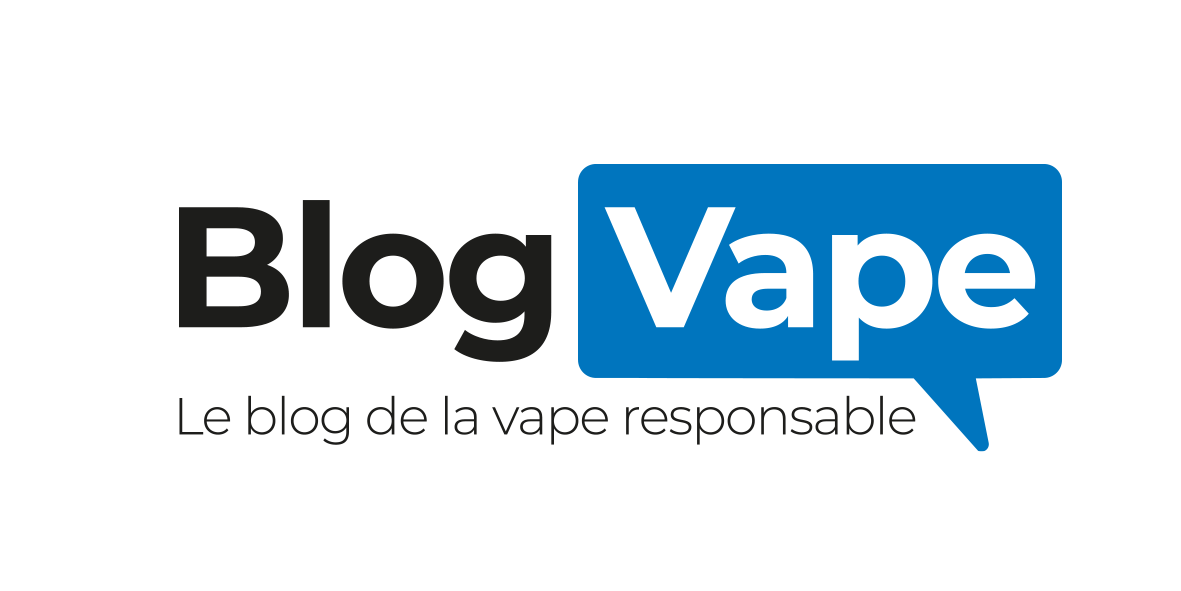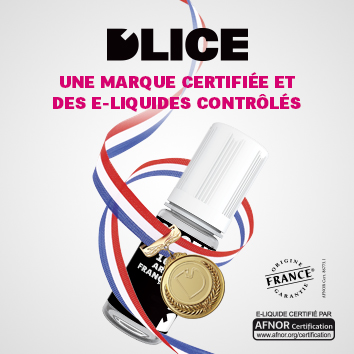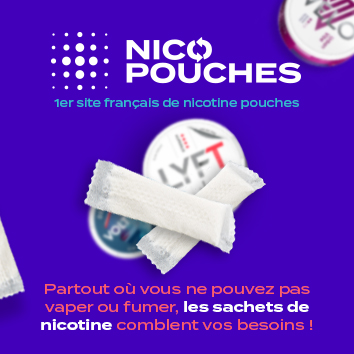Certain e-liquid flavours might be harmful to health


Amanda Dickinson, a researcher at the University of Virginia, has just demonstrated the harmful effects of certain flavours present in e-cigarettes. Her study was based on research conducted on tadpoles.
In her findings, exposure to vanilla, caramel, almond, cookie, and Viennese cream flavours caused physical abnormalities in 20% of tadpoles. This number jumped to 70% for tadpoles subjected to cereal, berry, or lemon flavours. The dangerousness of the flavours isn’t related to a single ingredient; rather, the combination of multiple additives was responsible for the deformations observed in tadpoles. This study should also be compared to other recent e-cigarette findings.
In guinea pigs, the appearance of a cleft lip and palate was observed in the majority of test subjects. Extending these findings to humans, researchers believe that vaping while pregnant could lead to this congenital defect. To confirm this theory, an epidemiological study on pregnant women would be necessary. In 2008, a study done on mice foetuses by a team at the University Hospital of Tunisia showed that tobacco also increased the likelihood of cleft-lips and palates by 11%.
Lack of information on harmful effects
 Amanda Dickinson has condemned the lack of transparency of e-cigarette flavour manufacturers. The products make no mention of the ingredients used to create the artificial flavour.
Amanda Dickinson has condemned the lack of transparency of e-cigarette flavour manufacturers. The products make no mention of the ingredients used to create the artificial flavour.
On the industry’s side, the only information deemed necessary for consumers is the amount of nicotine in the liquid, in either VG or PG form. These products are common in the vast majority of e-liquids. According to manufacturers, the chemical composition used to synthesize flavour must remain a manufacturing secret, protected under intellectual property laws. On the DIY side, the problems remains, as vape chemists generally purchase pre-made flavours.
The limited communication and information on the composition of e-cigarette flavours is surprising. Generally, consumers do not purchase a product without knowing the ingredients. But there is historical precedent: Coca-Cola has always refused to reveal its secret formula, even though 11,000 litres of it are sold every second throughout the world.






